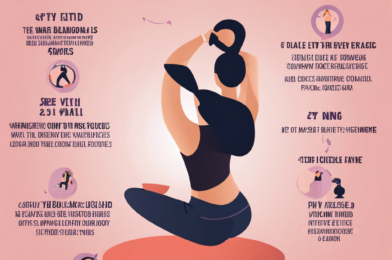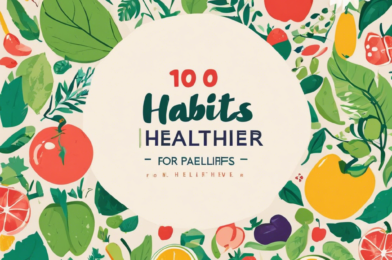Getting a good night’s sleep is essential for our physical and mental health, and yet, for many of us, achieving consistent, high-quality sleep can be elusive. We often turn to artificial aids, like medication, to help us drift off, but there are natural ways to improve your sleep quality. Here are some tips to help you establish a healthy sleep routine and optimize your sleep environment for better rest.
Firstly, understand the importance of a consistent sleep schedule. Our bodies thrive on routine, and keeping a regular sleep schedule helps to regulate your body’s internal clock. Try to go to bed and wake up at the same time every day, even on weekends. This will help set your body’s sleep-wake cycle, making it easier to fall asleep at night and wake up feeling refreshed.
Secondly, create a relaxing bedtime routine to wind down and prepare for sleep. This might include taking a warm bath, reading a book, practicing deep breathing exercises, or listening to soothing music. Engage in activities that help you relax and avoid anything stimulating close to bedtime, such as watching the news or engaging in intense conversations.
Another crucial aspect of improving sleep quality is creating a sleep-friendly environment. Transform your bedroom into a tranquil sanctuary that invites sleep. Keep the room cool, dark, and quiet, as a comfortable temperature and minimal light and noise distractions are essential for staying asleep throughout the night. Consider using blackout curtains, earplugs, or a white noise machine to create the ideal sleep environment.
It is also important to pay attention to your daytime habits, as they can significantly impact your sleep quality. Regular physical activity can help improve your sleep, but try to avoid vigorous exercise close to bedtime, as it may stimulate your body and make it harder to wind down. Additionally, be mindful of your caffeine and nicotine intake, as these stimulants can interfere with your sleep. Aim to limit caffeine after 2 p.m. and avoid nicotine close to bedtime.
Napping is a great way to boost your energy during the day, but if you have trouble falling asleep at night, re-evaluate your napping habits. Long or late naps can disrupt your sleep at night, so aim for short power naps of 20–30 minutes earlier in the day.
In our tech-driven world, this may be a challenge, but it’s crucial to disconnect from technology before bed. The blue light emitted by smartphones, tablets, and computers can disrupt your sleep hormone production. Wind down with a tech-free hour before bed, allowing your body and mind to relax and prepare for sleep.





